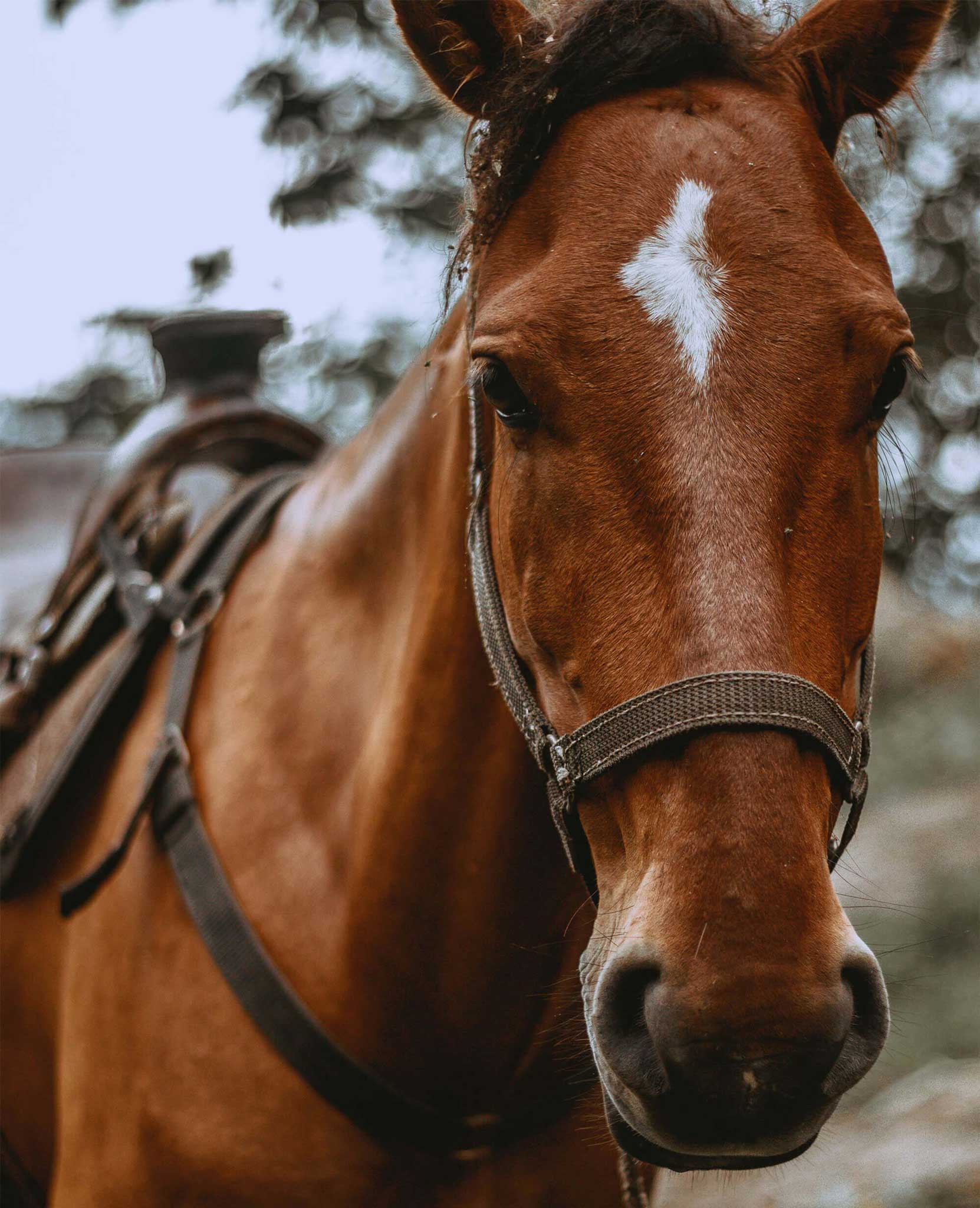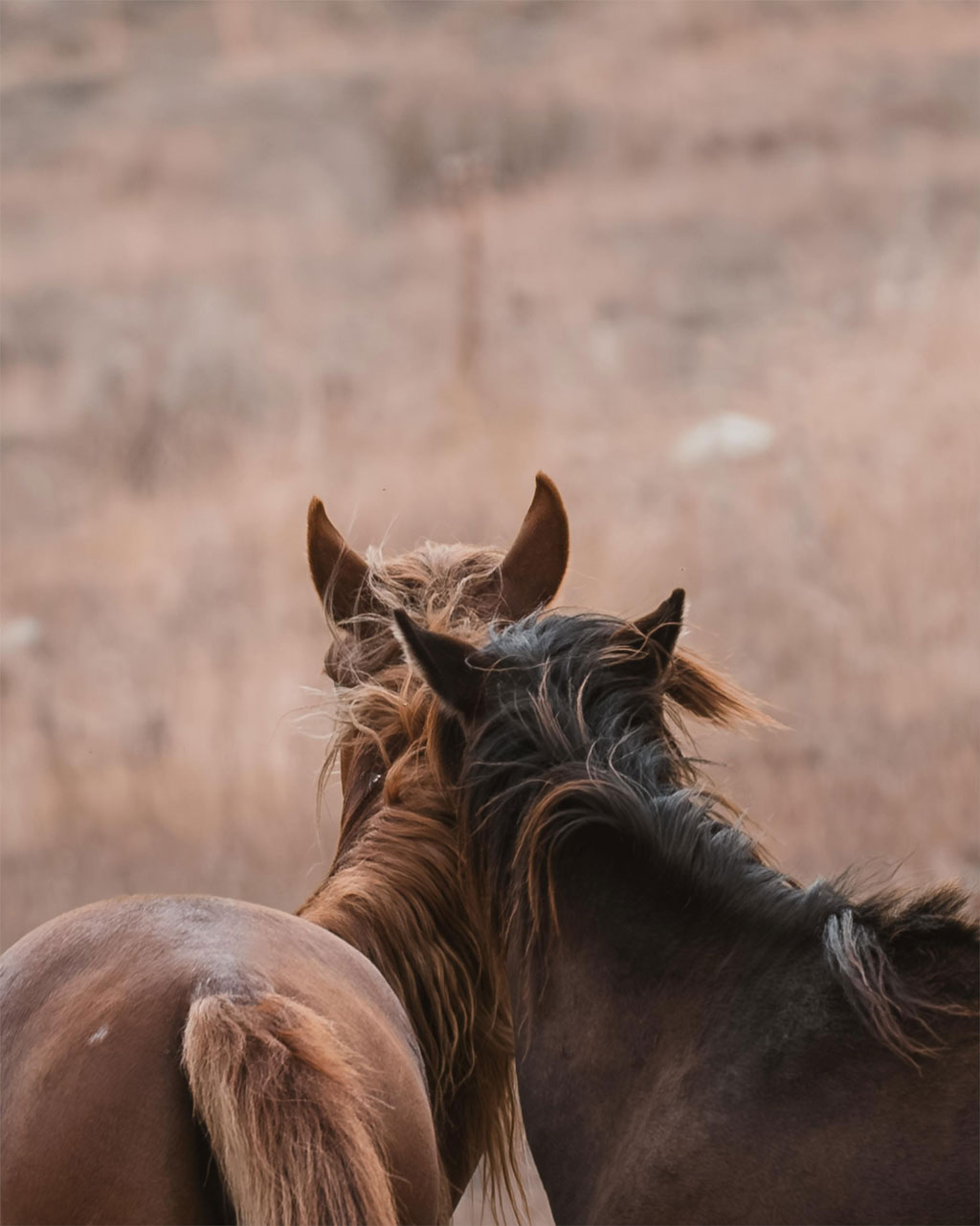Level up with an industry relevant online course for as little as $25 per week
The equine industry is shrouded in myths that deter many potential horse professionals from pursuing their dreams. These misconceptions range from physical requirements to background expectations, creating unnecessary barriers for those who might excel in horse-related careers. Modern equine courses are shattering these myths one by one, revealing the truth about what it really takes to succeed in the horse world.
Myth 1: You Must Be Born Into a Horse Family
Perhaps the most persistent myth is that successful horse professionals must come from generations of horse families. This romantic notion suggests that only those born in stables or raised on ranches can truly understand horses. The reality is far more encouraging and democratic.
Australian equine education programs tracked career outcomes for graduates over a 15-year period. Their findings revealed that 73% of successful equine professionals came from non-horse backgrounds. These individuals often brought fresh perspectives and innovative approaches that advanced the industry.
Many of today’s most respected horse professionals discovered their passion later in life. Dr. Paul McGreevy from the University of Sydney, who co-authored the definitive “Equine Behavior: A Guide for Veterinarians and Equine Scientists,” didn’t specialize in equine behaviour until his academic career. His outsider perspective allowed him to see patterns that lifelong horsemen had missed, leading to breakthrough insights into animal behaviour and handling techniques.
The key advantage that quality equine education provides is structured learning that can compress years of trial-and-error experience into focused educational programs. Students learn evidence-based techniques, safety protocols, and industry standards that provide a solid foundation regardless of their background.

Myth 2: You Need to Be Physically Strong and Fearless
Hollywood has perpetuated the image of horse professionals as physically imposing individuals who fearlessly dominate powerful animals. This misconception deters many capable people who don’t fit this stereotype. The truth is that successful horse work relies far more on intelligence, technique, and emotional intelligence than raw physical strength.
Research by the Australian Equine Behaviour Centre demonstrates that effective horse handling depends on understanding equine psychology rather than physical dominance. Their studies show that smaller, less physically imposing handlers often achieve better results because they rely on finesse, timing, and communication rather than force.
Modern equine courses emphasize body mechanics, leverage, and proper technique over brute strength. Students learn to use their body position, timing, and equipment effectively to work safely with horses of all sizes. A 5’2″ instructor can effectively train a 17-hand draft horse by understanding biomechanics and equine behaviour.
The fear factor is equally misunderstood. Courage in horse work isn’t about the absence of fear – it’s about managing fear effectively. Dr. Daniel Goleman’s research on emotional intelligence shows that successful professionals in high-risk occupations develop emotional regulation skills that allow them to perform despite natural anxiety.
Equine courses teach practical risk management strategies, helping students develop what professionals call “intelligent caution.” This involves understanding potential dangers, implementing safety protocols, and building confidence through gradual exposure and skill development.

Myth 3: Horse Careers Don’t Pay Well
The stereotype of the “starving stable hand” has discouraged many talented individuals from pursuing equine careers. While some entry-level positions offer modest compensation, the equine industry includes numerous well-paid career paths that many people never consider.
The Australian equine industry contributes significantly to the national economy and supports diverse career opportunities with competitive compensation packages. Research from institutions like the University of Queensland shows that specialized roles like equine veterinarians, nutritionists, and behaviour specialists command premium salaries.
Dr. Laurie Lawrence’s research at the University of Kentucky examined earning potential across various equine career paths. Her findings show that specialized roles like equine nutritionists, reproduction specialists, and equine business consultants command premium salaries. Many professionals combine multiple revenue streams, such as training, consulting, and product development.
The key is understanding that “working with horses” encompasses far more than traditional stable jobs. Modern equine professionals work in pharmaceutical companies developing equine medications, insurance companies specializing in equine coverage, and technology firms creating equine management software. These positions offer competitive salaries while maintaining connection to the horse industry.

Myth 4: Formal Education Isn’t Necessary
The romantic notion of learning everything from “old-timers” at the barn still persists in some circles. While hands-on experience remains valuable, modern equine courses provide crucial knowledge that informal learning often misses.
Dr. Hilary Clayton’s research at Michigan State University demonstrates that many traditional horse training methods, while well-intentioned, can be inefficient or even counterproductive. Her biomechanical studies reveal that some time-honoured techniques actually impede athletic development or increase injury risk.
Contemporary equine education integrates traditional wisdom with modern scientific understanding. Students learn evidence-based nutrition, exercise physiology, and injury prevention techniques that weren’t available to previous generations. This scientific foundation allows graduates to make informed decisions rather than relying solely on anecdotal experience.
Professional certifications and degrees also provide credibility in today’s marketplace. Insurance companies, competition organizations, and clients increasingly expect formal credentials. The National Association of Equine Specialists reports that certified professionals earn 25-40% more than uncertified peers in comparable positions.

Myth 5: Working with Horses Is Just a Hobby, Not a Real Career
Perhaps the most damaging myth is that horse work is a pleasant hobby rather than a serious profession. This perception undermines the complexity and importance of equine careers while discouraging professional development.
The reality is that modern horse professionals require sophisticated skill sets that combine technical knowledge, business acumen, and specialized expertise. Equine reproductive specialists, for example, must understand complex veterinary procedures, genetic principles, and business management. Sports horse trainers need expertise in biomechanics, nutrition, psychology, and competition regulations.
Dr. Rebecca Gimenez’s research at the University of Tennessee examined the knowledge base required for various equine careers. Her findings show that successful professionals must master competencies equivalent to those in other specialized fields. Equine nutritionists, for instance, need understanding of biochemistry, physiology, and feed science comparable to human nutritionists.
The increasing sophistication of the horse industry demands equally sophisticated professionals. Modern breeding programs use advanced genetic technologies, training methods incorporate sports science principles, and horse management relies on computer systems and data analysis. These developments create opportunities for technology-oriented individuals who might not have considered horse careers previously.

The Reality of Modern Equine Education
Contemporary equine programs are designed to prepare students for diverse career paths in a rapidly evolving industry. Programs integrate traditional horsemanship with modern business practices, technology applications, and scientific methodology.
Students learn to use diagnostic equipment, analyse performance data, and implement evidence-based training protocols. They study equine law, business planning, and marketing strategies. Many programs include internships with leading professionals, providing real-world experience and networking opportunities.
The curriculum addresses the actual demands of modern equine careers rather than romanticized notions of horse work. Graduates emerge with practical skills, professional credentials, and realistic expectations about career opportunities and challenges.

Building a Successful Equine Career
Success in the equine industry requires the same qualities that drive achievement in any professional field: dedication, continuous learning, and strategic career planning. The horse industry offers unique rewards for those willing to invest in proper education and skill development.
The first step is choosing an accredited equine program that provides comprehensive education rather than superficial exposure. Look for programs that emphasize both practical skills and theoretical knowledge, with strong connections to industry professionals and employment opportunities.
Networking remains crucial in the horse industry, but formal education provides access to professional networks that might otherwise be unavailable. Alumni connections, instructor relationships, and industry partnerships can open doors to career opportunities that aren’t publicly advertised.
Specialization is increasingly important as the industry becomes more sophisticated. Whether your interest lies in reproductive management, sports performance, therapeutic applications, or business management, developing expertise in specific areas enhances career prospects and earning potential.

The Truth About Horse Careers
Modern equine education provides the knowledge, skills, and credentials necessary for professional success. It prepares students for diverse career paths in an industry that values expertise, innovation, and professional standards.
The myths that discourage people from pursuing equine careers are gradually being replaced by realistic understanding of industry opportunities and requirements. Those who choose to pursue properly structured equine education will find that the door to professional success swings open based on merit, dedication, and competence rather than mythical prerequisites.
The horse industry needs talented professionals from diverse backgrounds who can contribute fresh perspectives and innovative solutions. The only real requirement is the willingness to learn, work hard, and approach horses with respect, intelligence, and professional standards.
